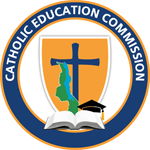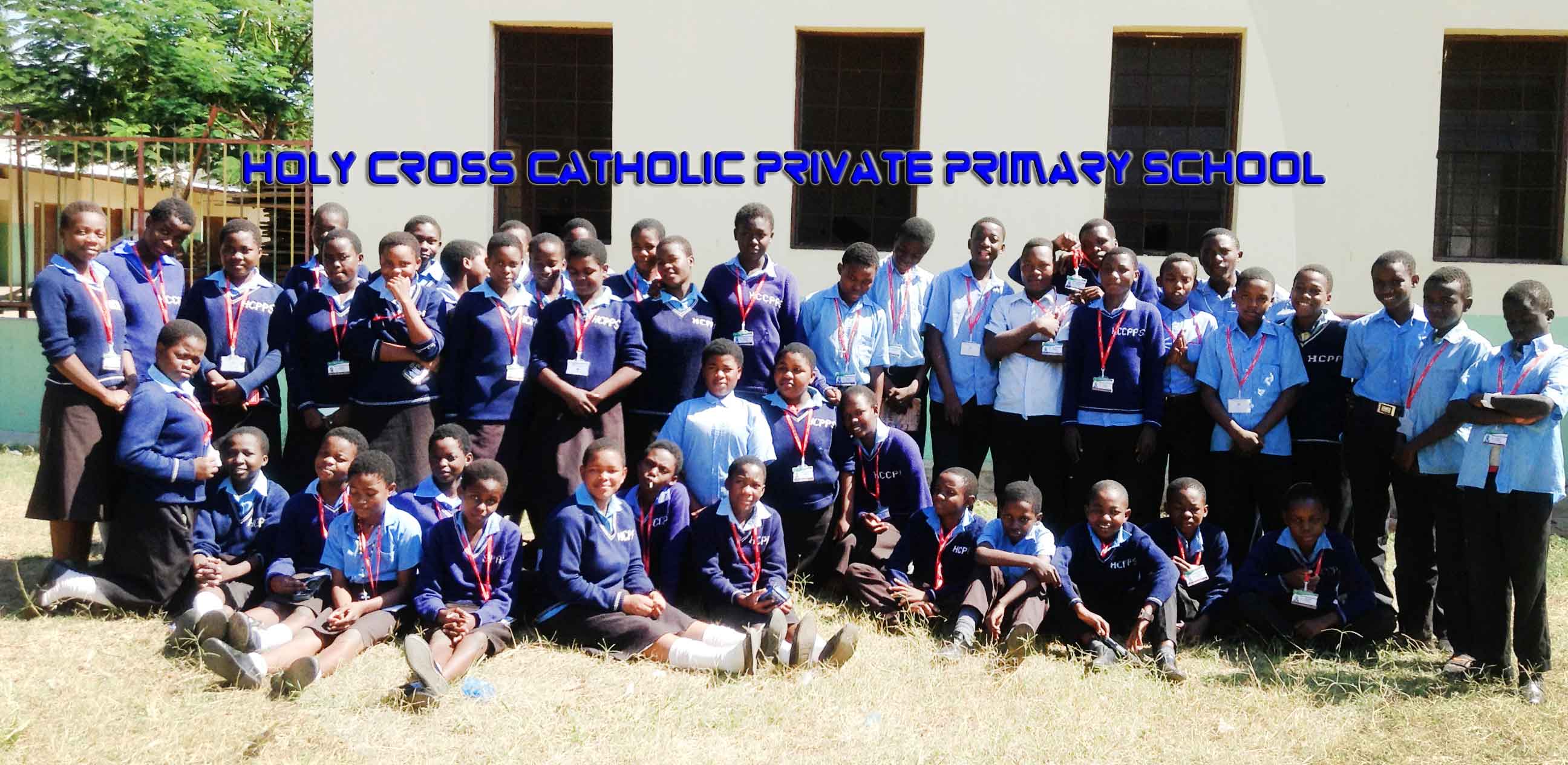[cherry_row]
[cherry_col size_md=”12″]
EDUCATION COMMISSION
DIOCESE OF Nzekokere
SOCIAL DEVELOPMENT DIRECTORATE
NARRATIVE/TECHNICAL REPORT
JANUARY – JUNE, 2020
1. INTRODUCTION AND BACKGROUND
A.TIMOTHY SCHOLARSHIP PROGRAMME
- The St. Timothy Scholarship Programme is managed jointly by the Roman Catholic Diocese of Nzekokere (‘RCDM’) and the Anglican Diocese of Upper Shire (‘ADUS’) together. The Scholarship Programme awards scholarships to bright children from poor families who cannot afford the school fees and other expenses associated with giving their children a secondary school education.
- Currently for the Diocese of Nzekokere, this scholarship is benefting 30 (thirty) students. 15 (fifteen) girls at St. Monica Girls Secondary School in Nzekokere and 15 (fifteen) boys at St. Charles Lwanga Boys Secondary School in Balaka.
B. ECM FORM ONE ENTRANCE EXAMINATIONS
- In the Memorandum of Understanding (MOU) concluded between Government and Church Schools a given percentage of boys and girls enrolment in Form One are selected by the proprietor. The rest are selected by the government. A selection process of deserving learners is carried out at the diocese level facilitated by the National Education Office by way of administering form one entrance diagnostic tests.
C. INFRASTRUCTURE DEVELOPMENT THROUGH RENTALS AND DONATIONS
- House rentals from teachers occupying Nzekokere Diocese quarters are collected and paid in to Education Commission through either National Bank Account, Mpamba or Airtel Money official accounts by the School Management Committees [SMCs] The Committee retains 50% of the funds for minor house maintenances at the school. The other 50% is remitted to the diocese for the commission’s administrative purposes and major maintenances.
- Rehabilitation of teachers’ houses, toilets and classroom blocks in most schools is taking place by school management committees through house rentals and funds donated by Johannes Beese Stifstung (a charity organization).
D. ADMINISTRATION AND MANAGEMENT
The commission attends meetings at all levels be it national, diocesan, deanery or parish. It also conducts school management committees’ meetings and elections, Head teachers and Catholic Teachers Association meetings, school visits and data collection in schools and parishes respectively.
|
NO. |
PROJECT | ACTIVITY | OUTCOME | CHALLENGES |
| 1. | St. Timothy Scholarship Programme | Safeguarding Policy formulation | Safeguarding Policy drafted | – |
| 2. | ECM Form One Entrance Examination | Registration of 2019/2020 candidates | A few candidates registered | The closure of schools by government due to COVID-19 pandemic halted the process |
| 3. | Infrastructure Development | · Identification, Verification and Assessment of blown off classroom blocks
· Proposal Writing to JBS Foundation · School Maintenance on Blown Off roofs and Teachers’ Houses · Monitoring and Supervision |
Nalikolo and Thumu Catholic Primary Schools identified, verified and assessed.
K4,487,600.00 funds received · Nalikolo classroom block and Thumu Head teachers’ house maintained · Chiunda, Unga 1, and Sangadzi 1 Primary Schools’ classroom blocks limed and painted · Done only once |
Material transportation done by the schools themselves due to insufficient funds
Monitoring and Supervision not adequate due to limited funds.
|
| 4. | Administration and Management
|
· Conduct house rent follow up visits to schools through deaneries.
· Conduct school management committees’ awareness meetings on Catholic Schools’ Identity through parishes.
· Conduct Headteachers and teachers meetings
· Organise school visits and verify conditions of teachers houses
· Data collection in schools
|
Little rental remittance progress
17 out of 25 meetings conducted. Erection of sign posts, morning prayers during assembly and crucifix hanging in head teachers’ offices being done.
10 out of 15 meetings conducted
Poor house conditions in the few visited schools.
Data collection forms designed and delivered in most of the schools |
· Rental collection difficulty due to structures dilapidated condition · Lack of House Rent Policy document in schools Misunderstanding of the Moslem Religion on the Catholic Schools’ Identity, is hindering the implementation processes. Presidential Fresh, Re-run Elections’ activities disturbed the meeting programme. Lack of finances to carter for transport, made the activity discontinue Some schools didn’t get the forms due to cancelled and postponed head teachers meetings because of the Presidential, Fresh Re-run Elections |
[/cherry_col]
[/cherry_row]




